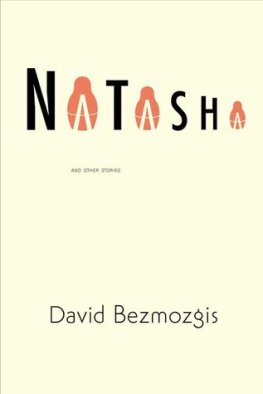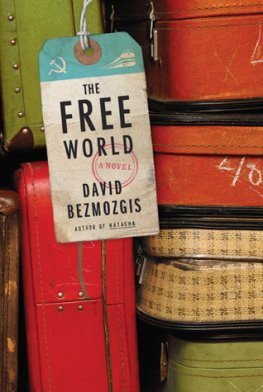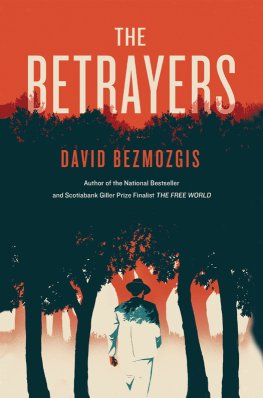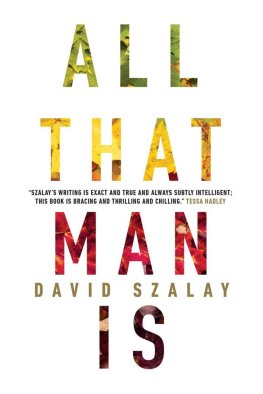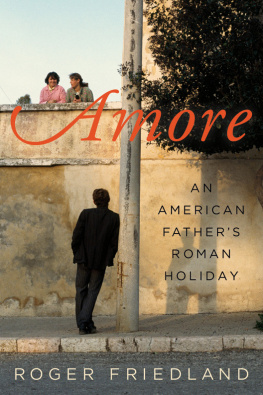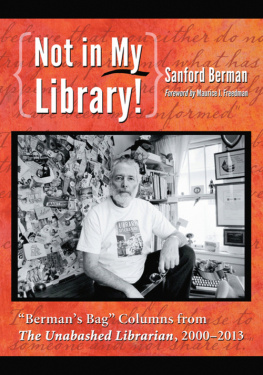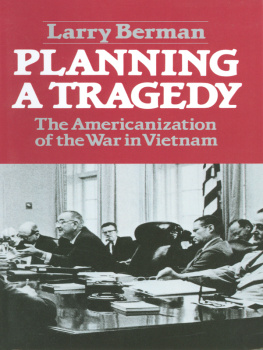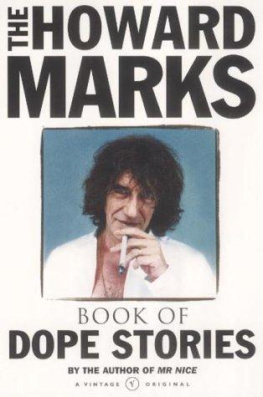David Bezmozgis
Natasha and Other Stories
GGOLDFINCH WAS FLAPPING CLOTHESLINES, a tenement delirious with striving. 6030 Bathurst: insomniac scheming Odessa. Cedarcroft: reeking borscht in the hallways. My parents, Baltic aristocrats, took an apartment at 715 Finch fronting a ravine and across from an elementary school one respectable block away from the Russian swarm. We lived on the fifth floor, my cousin, aunt, and uncle directly below us on the fourth. Except for the Nahumovskys, a couple in their fifties, there were no other Russians in the building. For this privilege, my parents paid twenty extra dollars a month in rent.
In March of 1980, near the end of the school year but only three weeks after our arrival in Toronto, I was enrolled in Charles H. Best elementary. Each morning, with our house key hanging from a brown shoelace around my neck, I kissed my parents goodbye and, along with my cousin Jana, tramped across the ravine I to the first grade, she to the second. At three oclock, bearing the germs of a new vocabulary, we tramped back home. Together, we then waited until six for our parents to return from George Brown City College, where they were taking their obligatory classes in English.
In the evenings we assembled and compiled our linguistic bounty.
Hello, havaryew?
Red, yellow, green, blue.
May I please go to the washroom?
Seventeen, eighteen, nineteen, twenny.
Joining us most nights were the Nahumovskys. They attended the same English classes and traveled with my parents on the same bus. Rita Nahumovsky was a beautician, her face spackled with makeup, and Misha Nahumovsky was a tool and die maker. They came from Minsk and didnt know a soul in Canada. With abounding enthusiasm, they incorporated themselves into our family. My parents were glad to have them. Our life was tough, we had it hard but the Nahumovskys had it harder. They were alone, they were older, they were stupefied by the demands of language. Being essentially helpless themselves, my parents found it gratifying to help the more helpless Nahumovskys.
After dinner, as we gathered on cheap stools around our table, my mother repeated the days lessons for the benefit of the Nahumovskys and, to a slightly lesser degree, for the benefit of my father. My mother had always been a dedicated student and she extended this dedication to George Brown City College. My father and the Nahumovskys came to rely on her detailed notes and her understanding of the curriculum. For as long as they could, they listened attentively and groped toward comprehension. When this became too frustrating, my father put on the kettle, Rita painted my mothers nails, and Misha told Soviet jokes.
In a first-grade classroom a teacher calls on her students and inquires after their nationality. Sasha, she says. Sasha says, Russian. Very good, says the teacher. Arnan, she says. Arnan says, Armenian. Very good, says the teacher. Lubka, she says. Lubka says, Ukrainian. Very good, says the teacher. And then she asks Dima. Dima says, Jewish. What a shame, says the teacher, so young and already a Jew.
The Nahumovskys had no children, only a white Lhasa-apso named Tapka. The dog had lived with them for years before they emigrated and then traveled with them from Minsk to Vienna, from Vienna to Rome, and from Rome to Toronto. During our first month in the building, Tapka was in quarantine and I saw her only in photographs. Rita had dedicated an entire album to the dog, and to dampen the pangs of separation, she consulted the album daily. There were shots of Tapka in the Nahumovskys old Minsk apartment, seated on the cushions of faux Louis XIV furniture; there was Tapka on the steps of a famous Viennese palace; Tapka at the Vatican; in front of the Coliseum; at the Sistine Chapel; and under the Leaning Tower of Pisa. My mother despite having grown up with goats and chickens in her yard didnt like animals and found it impossible to feign interest in Ritas dog. Shown a picture of Tapka, my mother wrinkled her nose and said foo. My father also couldnt be bothered. With no English, no money, no job, and only a murky conception of what the future held, he wasnt equipped to admire Tapka on the Italian Riviera. Only I cared. Through the photographs I became attached to Tapka and projected upon her the ideal traits of the dog I did not have. Like Rita, I counted the days until Tapkas liberation.
The day Tapka was to be released from quarantine Rita prepared an elaborate dinner. My family was invited to celebrate the dogs arrival. While Rita cooked, Misha was banished from their apartment. For distraction, he seated himself at our table with a deck of cards. As my mother reviewed sentence construction, Misha played hand after hand of Durak with me.
The woman loves this dog more than me. A taxi to the customs facility is going to cost us ten, maybe fifteen dollars. But what can I do? The dog is truly a sweet little dog.
When it came time to collect the dog, my mother went with Misha and Rita to act as their interpreter. With my nose to the window, I watched the taxi take them away. Every few minutes, I reapplied my nose to the window. Three hours later the taxi pulled into our parking lot and Rita emerged from the back seat cradling animated fur. She set the fur down on the pavement, where it assumed the shape of a dog. The length of its coat concealed its legs, and as it hovered around Ritas ankles, it appeared to have either a thousand tiny legs or none at all. My head ringing Tapka, Tapka, Tapka, I raced into the hallway to meet the elevator.
That evening Misha toasted the dog:
This last month, for the first time in years, I have enjoyed my wifes undivided attention. But I believe no man, not even one as perfect as me, can survive so much attention from his wife. So I say, with all my heart, thank God our Tapka is back home with us. Another day and I fear I may have requested a divorce.
Before he drank, Misha dipped his pinkie finger into his vodka glass and offered it to the dog. Obediently, Tapka gave Mishas finger a thorough licking. Duly impressed, my uncle declared her a good Russian dog. He also gave her a lick of his vodka. I gave her a piece of my chicken. Jana rolled her a pellet of bread. Misha taught us how to dangle food just out of Tapkas reach and thereby induce her to perform a charming little dance. Rita also produced Clonchik, a red and yellow rag clown. She tossed Clonchik under the table, onto the couch, down the hallway, and into the kitchen; over and over Rita called, Tapka get Clonchik, and, without fail, Tapka got Clonchik. Everyone delighted in Tapkas antics except for my mother, who sat stiffly in her chair, her feet slightly off the ground, as though preparing herself for a mild electric shock.
After the dinner, when we returned home, my mother announced that she would no longer set foot in the Nahumovskys apartment. She liked Rita, she liked Misha, but she couldnt sympathize with their attachment to the dog. She understood that the attachment was a consequence of their lack of sophistication and also their childlessness. They were simple people. Rita had never attended university. She could derive contentment from talking to a dog, brushing its coat, putting ribbons in its hair, and repeatedly throwing a rag clown across the apartment. And Misha, although very lively and a genius with his hands, was also not an intellectual. They were good people, but a dog ruled their lives.
Rita and Misha were sensitive to my mothers attitude toward Tapka. As a result, and to the detriment of her progress with English, Rita stopped visiting our apartment. Nightly, Misha would arrive alone while Rita attended to the dog. Tapka never set foot in our home. This meant that, in order to see her, I spent more and more time at the Nahumovskys'. Each evening, after I had finished my homework, I went to play with Tapka. My heart soared every time Rita opened the door and Tapka raced to greet me. The dog knew no hierarchy of affection. Her excitement was infectious. In Tapkas presence I resonated with doglike glee.

